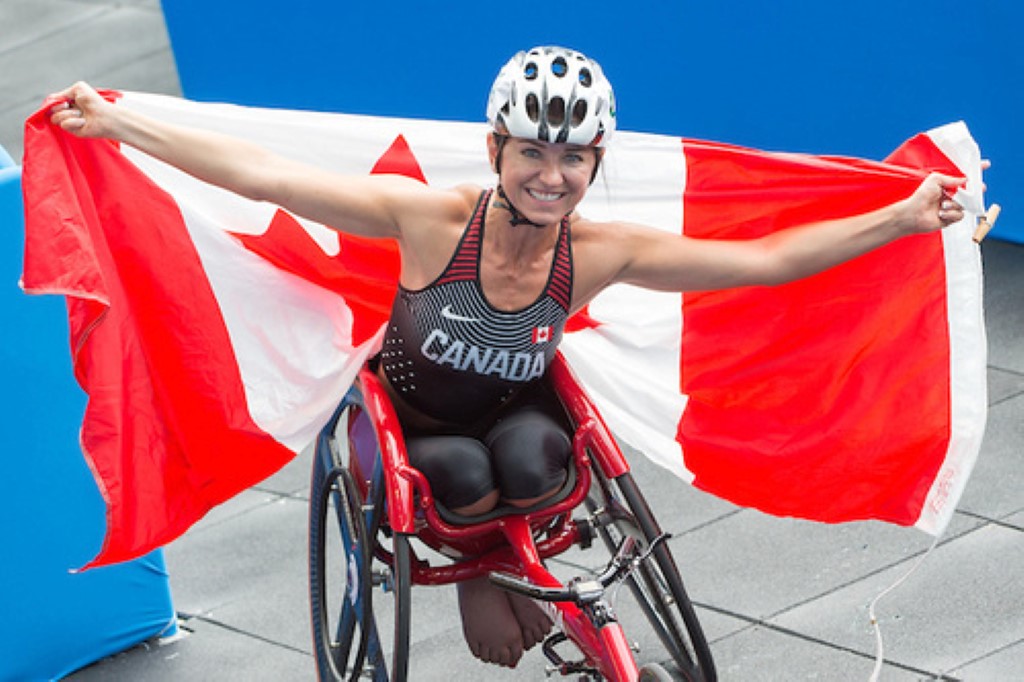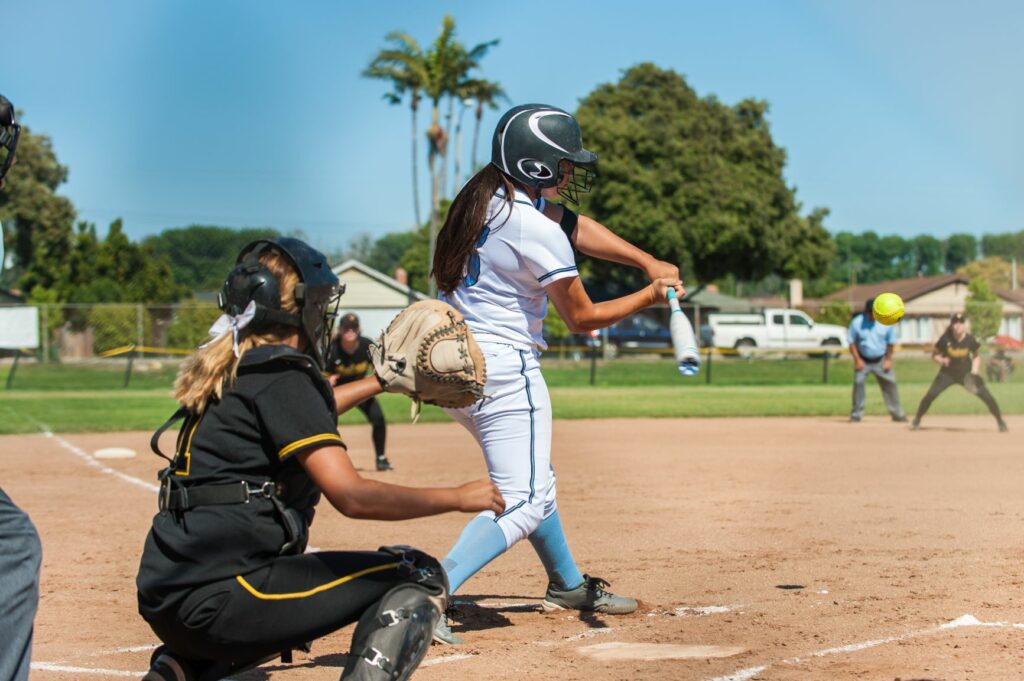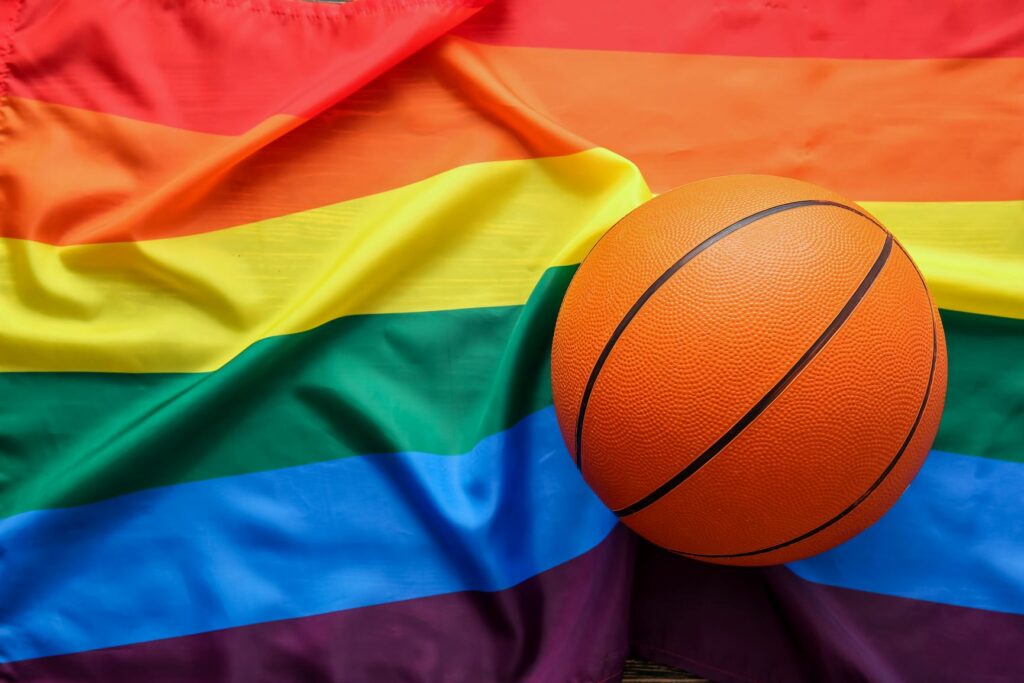LGBTQI2S inclusion
Young adults who identify as LGBTQI2S are “game to play” sports, but frequently report experiences of discrimination and exclusion. Sport programs that are not based around biological sex or gender, but rather provide inclusive and affirming spaces that celebrate diversity, have strict zero-tolerance approaches to homophobia, biphobia and transphobia, and emphasize fun help to create…
Beijing to Birmingham: Thinking outside the Para sport classification box

The Tokyo 2020 Summer Paralympic Games are in the books, with the 2022 Winter Paralympic Games (Beijing) and Commonwealth Games (Birmingham) just around the corner. Our 128 Canadian Paralympians competed in Tokyo, bringing home 21 medals. Canada’s team joined 4,275 high performance Para sport athletes from 62 countries for 12 days of competition in 22 Paralympic sports. Despite the unprecedented challenge of hosting…
National Day for Truth and Reconciliation
Today marks Canada’s inaugural National Day for Truth and Reconciliation, an opportunity to recognize and commemorate the legacy of residential schools in Canada. Take some time to learn and reflect by visiting the National Centre for Truth and Reconciliation (NCTR), an online place of learning and dialogue where the truths of residential school victims and…
Insight to inform program delivery
“Senior decision-makers in community sport organizations need to create opportunities for program leaders to share their experiences and knowledge. Staff know the barriers and challenges experienced by participants, but those barriers and challenges can persist if insights aren’t filtered up the organizational hierarchy.” – Amina Haggar, a University of Ottawa graduate student, shares insights from…
Effective intersectional work
A common concern to starting effective intersectional work is not knowing leaders in the community(ies) affected. When this happens, organizers scramble to find a representational speaker, programmer, or athlete to diversify a particular project. In the SIRC blog, learn about three simple ways for sport administrators to put intersectionality into practice using the E-Alliance Operationalizing…
Tokyo, Beijing and a global pandemic: How 4 sports are advancing Safe Sport

Highlights Perhaps not surprisingly, the unofficial theme of the Tokyo 2020 Olympic and Paralympic Games has been ‘safety first.’ Postponed from 2020 to 2021 due to the COVID‑19 pandemic, the Summer Olympic and Paralympic Summer Games are scheduled to take place respectively from July 23 to August 8 and from August 24 to September 5. Even before the…
Gender-neutral language
Using gender-neutral language throughout policies, procedures, and communications is one way for sport organizations to be more inclusive of LGBTQI2S people and communities. Phrases like, “he or she” or “both genders,” can easily be updated to “they/them/their” and “all genders” to become more inclusive.
The Operationalizing Intersectionality Framework
The Operationalizing Intersectionality (OI) Framework provides guidance for putting intersectional approaches into practice. Visualized as a wheel, the OI Framework identifies four points of traction: (1) Learning, (2) Harm Reduction, (3) Accountability & Transparency, and (4) Transformation. Learn about how you can apply these concepts to improve programs, policies, and spaces in the SIRC blog.
LGBTQI2S inclusion
The effects of COVID-19 are significantly impacting the physical and mental health of the LGBTQI2S community. For sport organizations, participating in LGBTQI2S inclusive training opportunities, using gender-neutral language in policies and communications, and creating sanctions for anti-LGBTQI2S behaviour are just a few ways to be more inclusive of LGBTQI2S people and communities both now and when we return…
Egale’s 2021 Guide to International Day Against Homophobia, Biphobia, Intersexism and Transphobia for Sports Organizations

Sport communities across Canada and the world have experienced a year like no other. Lockdown and isolation have left all of us eager to begin playing and training again. Now, more than ever, we understand how sport serves as a tool to bring communities together to support physical and mental health outcomes (Eime et al.,…